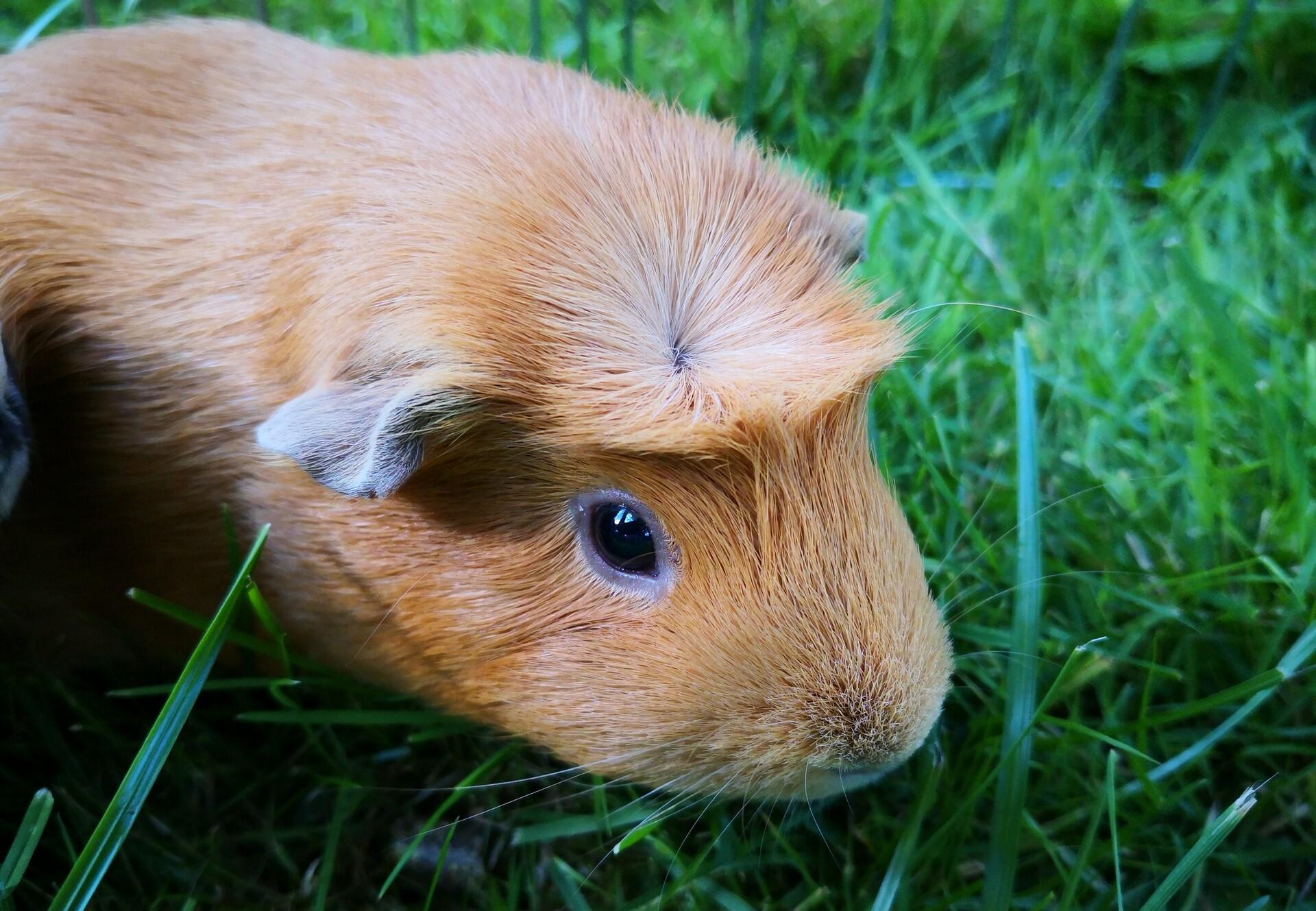
Health Checklist for Guinea Pigs
Guinea pigs are susceptible to a range of diseases. Regular health checks can help you to recognise and deal with problems early on.

Health Checklist
- Check eating behaviour: Guinea pigs don’t generally shy away from food. They love to eat and do so almost constantly. If your guinea pig hasn’t eaten for eight hours, there may be a problem → Contact the vet straight away!
- Check breathing: Guinea pigs often suffer from respiratory illnesses, which may be life-threatening. Take immediate action if your guinea pig is having trouble breathing → Go straight to the vet!
Other signs are sneezing, watery eyes and a runny nose → Go to the vet within 24 hours! - Listen out for unusual noises: If your guinea pig cries out when it performs normal bodily functions such as peeing or pooping, this could point to urinary tract infections or bowel problems → Go to the vet within 24 hours!
- Look out for blood: Blood is often a warning sign – it can point to infections of the uterus, bladder, kidneys, bowel problems or many other health issues. If you spot blood around the mouth, rearend or genital area → Go straight to the vet!
- Check urine and droppings:
- Changes to urine (consistency, smell, blood in the pee) could be a sign of bladder sludge, infections or bladder stones → Consult a vet straight away!
- Changes in the consistency, size or number of droppings may mean there is too much yeast in the bowel, or perhaps a lack of liquids due to reduced feeding → Consult a vet as soon as possible!
- If your guinea pig is unable to pee or has bad diarrhoea, this could be life-threatening → Go straight to the vet!
- Check fur and skin: Hair loss and changes to the skin such as flaking and crusting can have many causes, including poor diet, vitamin deficiency or parasites → Get to the vet straight away!
- Check the eyes: A healthy guinea pig’s eyes will be clear, shiny and alert. If they are crusty, watery, dull, cloudy or bulging, or if they look different in any other way, you should take your guinea pig to the vet. Such changes are caused by conditions that require treatment, such as (bacterial) infections, dental problems, diabetes or injuries to the eye → Go to the vet!
- Check the ears: Dirty or crusty ears or tilting the head to one side can be signs of mites or infection/inflammation → Take your guinea pig straight to the vet!
- Check the teeth: Guinea pigs often suffer from dental problems, including fractured teeth and teeth that are too long. Changes to the incisors (growing too long) are easy to spot. Other dental problems may only be apparent from other symptoms – for example, your guinea pig may eat less or choose softer foods, salivate, lose weight, etc. Given that symptoms such as weight loss may have other causes, you should take your guinea pig to the vet for examination.
